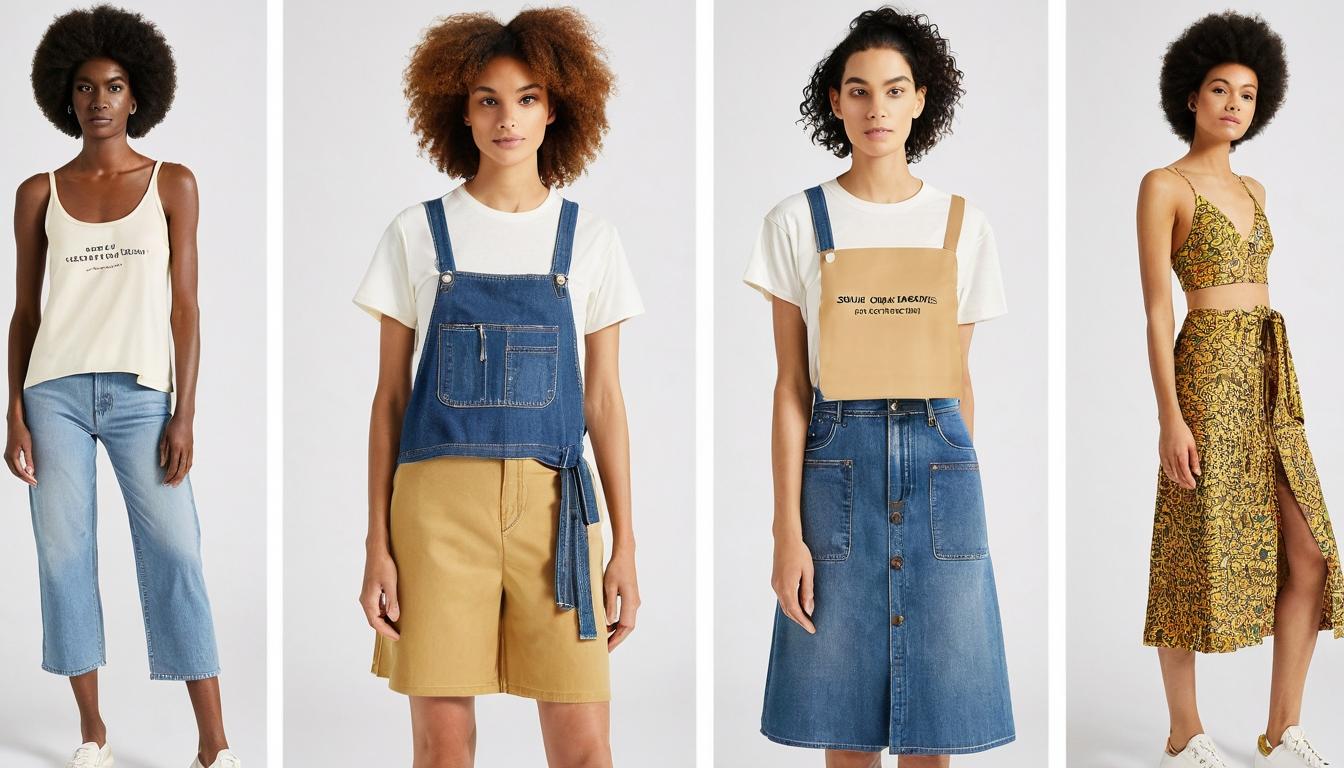In the shadow of fast fashion giants and luxury conglomerates, a quiet revolution is taking shape. Small, independent fashion brands are rewriting the rules of sustainability, not through flashy marketing campaigns or celebrity endorsements, but through radical transparency and genuine commitment to ethical practices. These emerging labels are proving that fashion can be both beautiful and responsible, challenging the industry to look beyond greenwashing and embrace true change.
Unlike major corporations that often treat sustainability as a PR strategy, these smaller players are building their entire business models around environmental and social responsibility. From zero-waste pattern cutting to regenerative farming practices for natural fibers, they're implementing solutions that larger companies often deem "too expensive" or "impractical." The result is clothing that tells a story—not just of style, but of careful consideration for people and planet.
What makes this movement particularly compelling is its accessibility. Through direct-to-consumer models and digital storytelling, these brands are connecting with consumers who crave authenticity. They're sharing their production processes, introducing their artisans, and being honest about their challenges. This level of transparency creates a new kind of relationship between maker and wearer, one built on trust and shared values rather than just transactional exchanges.
The financial viability of these sustainable ventures was once questioned, but recent consumer shifts suggest otherwise. A growing segment of shoppers—particularly among younger generations—are actively seeking out brands that align with their values. They're willing to invest in fewer, higher-quality pieces that last longer and carry positive impact. This changing consumption pattern is creating space for ethical brands to thrive, even without massive marketing budgets.
Technology is playing a crucial role in this transformation. Digital platforms allow small sustainable brands to reach global audiences, while blockchain and other traceability technologies enable them to prove their ethical claims. Consumers can now track a garment's journey from raw material to finished product, creating unprecedented accountability in an industry historically plagued by opacity.
Despite these advances, challenges remain. Scaling sustainable practices while maintaining integrity is difficult, and many small brands struggle with production costs and market visibility. However, collaborations between like-minded labels and support from conscious consumers are helping overcome these hurdles. The community aspect of this movement—brands supporting each other rather than competing—is perhaps its most revolutionary characteristic.
Looking ahead, the influence of these small sustainable brands extends beyond their own collections. They're pressuring larger companies to improve practices, inspiring new designers to prioritize ethics from the start, and educating consumers about the true cost of fashion. Their impact suggests that the future of fashion may not be dominated by a few giant corporations, but rather enriched by a diverse ecosystem of responsible creators.
This grassroots movement represents more than just a trend—it's a fundamental reimagining of what fashion can be. By prioritizing people and planet alongside profit, these brands are demonstrating that style and substance need not be mutually exclusive. Their success proves that consumers are ready for fashion that feels good in every sense of the word, from how it looks to how it's made.
The quiet revolution in sustainable fashion: how small brands are changing the industry from the ground up

